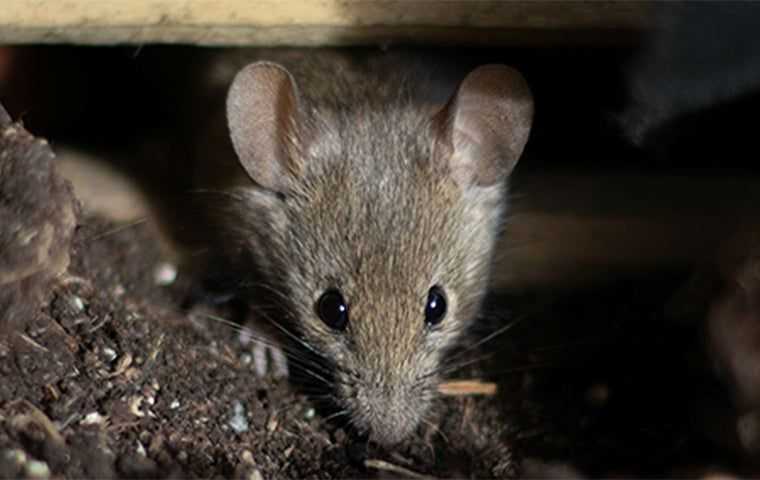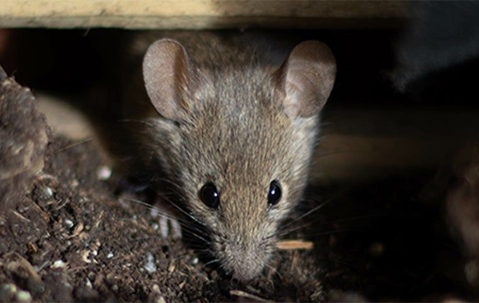Roof Rats In West Palm Beach, FL

November 08, 2021
If you live in South Florida then it's safe to say that you've heard of the dreaded pest, the roof rat. These rats are not native to South Florida or to America for that matter. They come from Southern Asia originally and were brought here long ago when the first ships landed on America's coast. Yes, these are the same rats that can carry the bubonic plague and also carry murine typhus: two nasty bacteria you don't want to get.
Roof rats can grow up to 12-14 inches long and can weigh as much as 5-10 ounces. In South Florida, we've seen three different color phases. We've seen them have a black back with a slate gray belly, a gray back with a lighter gray belly, and brownish-gray with a white or cream-colored belly. They also reproduce year-round reaching sexual maturity at the young age of just 3 to 4 months. They can have 5 to 8 pups after just 21 to 23 days of gestation. One female can have 4 to 5 litters per year. That can be as many as 25 to 40 rats per year from just one female rat. Now imagine that there are a dozen females living on your property? Yes, this can be a huge problem.
One of their favorite foods happens to be fruit and you'll know they're around by checking if any fruit has been hollowed out. People mistakenly blame hollowed-out fruit on birds or other animals but it's almost always roof rats. In West Palm Beach and the rest of Florida, citrus season runs from September to March which is the best time for these dreaded pests to make themselves known. They'll also eat other animals and are not picky if food is easily available. They love invading your pantry and your garbage.
Like most rats, they are nocturnal so you may not even know they're living on your property. You'll know they're around by their black banana-shaped droppings which are about 1/4-1/2 inch long and you may notice dark smears or rub marks seen along their travel routes. They're not easy to spot either because they don't like running along the ground if they don't have to. They like sticking to trees, wires, fences, or anything that keeps them off the ground. They especially like attics, soffits, piles of debris, hollow trees, skirts of old fronds on palm trees, and they'll even live in Quaker parrot nests. They will also nest in burrows in canal banks and under sidewalks or stacks of materials that are stored on the ground.
The damage rodents can cause to your house can be irreversible and can go unnoticed which makes them a dangerous pest. When they make residence in your house or a building they will chew through wires which can potentially start fires, they will gnaw through plastic and lead water pipes to get access to water, make holes in walls to get access to other areas, and will cause other structural damage.
If you have fruit trees on your property then you're more susceptible to having these pests as they're quite fond of fruit. One easy fix is to put a piece of sheet metal about 1 to 2 feet high around the trunk of your trees. This stops them from climbing up your trees. Ensure that there are no hanging wires from the sheet metal if you decide to go that route. Also, ensure the branches of your trees are not touching the ground, a fence, or other structure they can climb upon. However, a South Florida pest control company like Native Pest Management, are experts in rodent control for West Palm Beach, FL.
If these pests have made residence on your property then your best chance at getting rid of them is to call a pest control company that can do rodent control in West Palm Beach, FL. People often think that their cat or dog will control these rats but that's not the case as these rats like to live above ground which makes them difficult for your pet to kill and the fact that they're nocturnal. Snakes do a good job at controlling the population of these critters but even the snakes can't get them all, especially if they're living inside your house or building.
If you suspect that you may have a roof rat problem then call Native Pest Management today before the population explodes and causes irreversible damage to your house or building.
*Originally posted on Boise Pest Control
View All Blogs